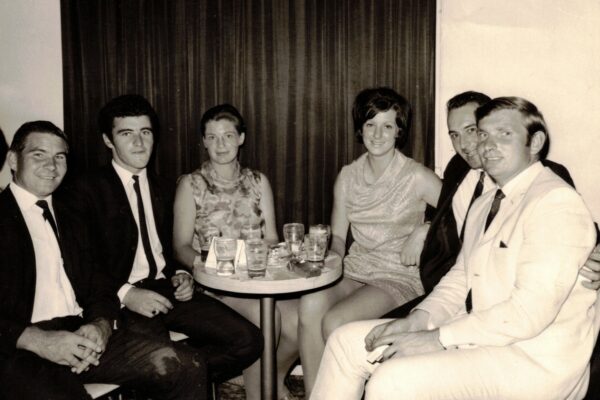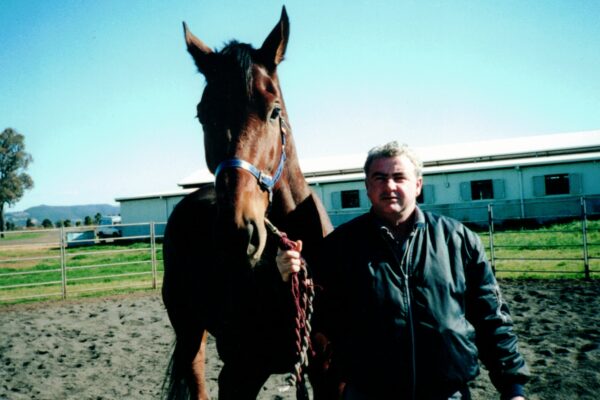Peter Macintyre
Featured Image: David Macintyre (Senior) ‘Kayuga 1927 Pty Ltd’, Bob Mackay ‘Tinagroo’ and Frank Bragg ‘Rossgole’ at Scone Polo
Mr Macintyre is a direct descendant of Peter Macintyre and grandson of Donald Macintyre who introduced the sport of Polo to the Hunter Valley; and perhaps Australia?
McIntyre, Peter (1783–1842)
http://adb.anu.edu.au/biography/mcintyre-peter-2402
By R. B. Walker
Peter McIntyre (1783-1842), landowner, was born in Tomcairn, Perthshire, Scotland, the son of Donald (Daniel) and Mary McIntyre. In 1824 he was appointed the agent of Thomas Potter Macqueen who had received from the Colonial Office a free grant of 10,000 acres (4047 ha). McIntyre chartered the Nimrod and the Hugh Crawford, which he filled with emigrants, livestock, and supplies, and reached Sydney in April 1825.
He secured from Governor (Sir) Ralph Darling a free grant of 4000 acres (1619 ha) for himself and 4000 (1619 ha) for his brother John and in May 1825 was possessed of land orders for 32,000 acres (12,950 ha). Making verbal and written requests for various selections of land very vaguely defined to Henry Dangar, the government surveyor, he put forward claims that conflicted with Dangar’s for an area of rich alluvial at the junction of the Dart Brook and Hunter River. McIntyre accused his rival of improper and corrupt practices and secured his suspension. He was allowed a free choice after Dangar’s prior claim on 1300 acres (526 ha) and secured Segenhoe for Macqueen and Blairmore (near Aberdeen) for himself. (The latter still endures as ‘Kayuga’ but has been subsumed by Dartbrook Coal).
McIntyre was an active superintendent and in 1826 offered farms to let; he opened a flour-mill in 1829 and was growing hops successfully in 1830. Nevertheless Macqueen sent out H. C. Sempill to replace him in 1830. In 1833 he was accused of perjury by Sempill but acquitted. In 1837, however, he and three other defendants were found guilty of malicious conspiracy to prevent fair competition at a crown land auction, and McIntyre was fined £100. About this time he was opening squatting runs in the Liverpool Plains and New England districts. In 1827 he had guided Allan Cunningham over the Liverpool Range and the explorer had named the McIntyre River in his honour. The runs of Peter McIntyre and his brother Donald in New England were Byron Plains, Waterloo, Falconer, and Guyra.
McIntyre died on 13 January 1842 at his estate of Pitnacree, Maitland. He left £2000 to his natural daughter Ann and the residue to his sister Mary. His main activities were to develop his estate, which he did by grant, purchases, and leases from the crown, and purchases from private individuals.










